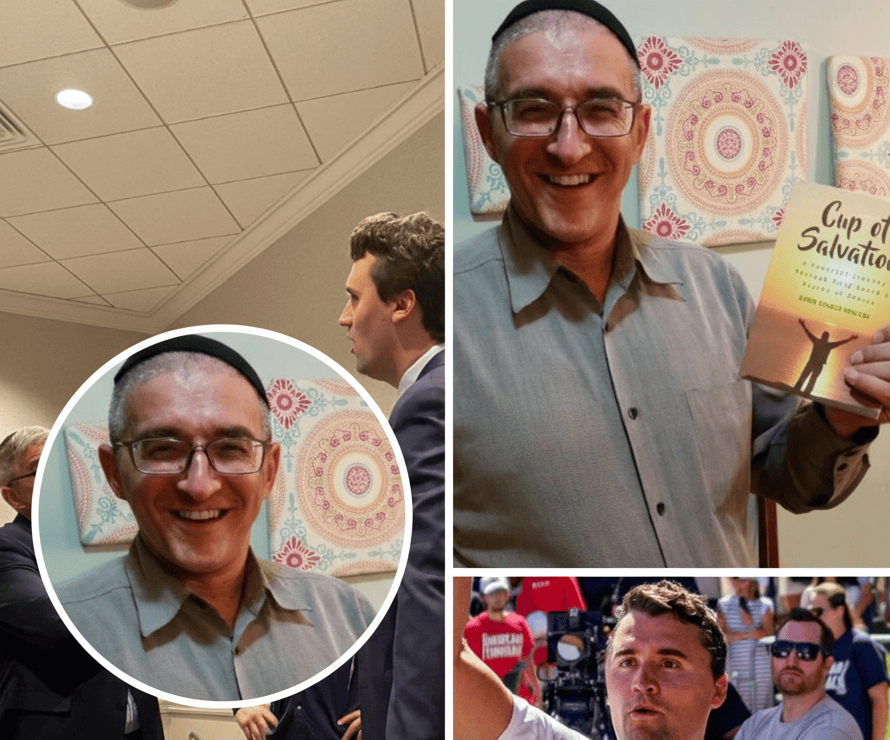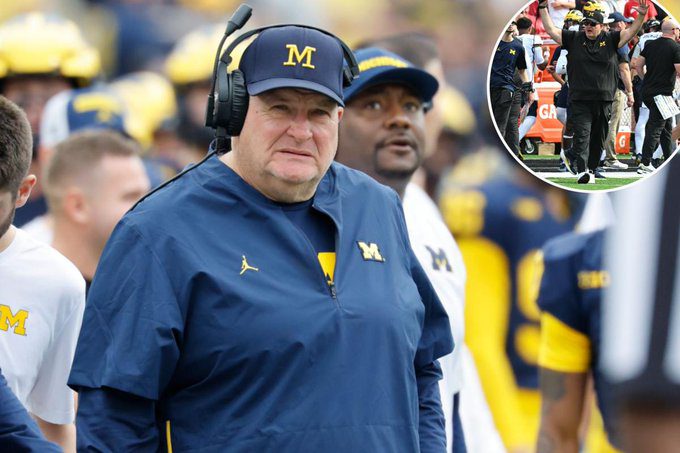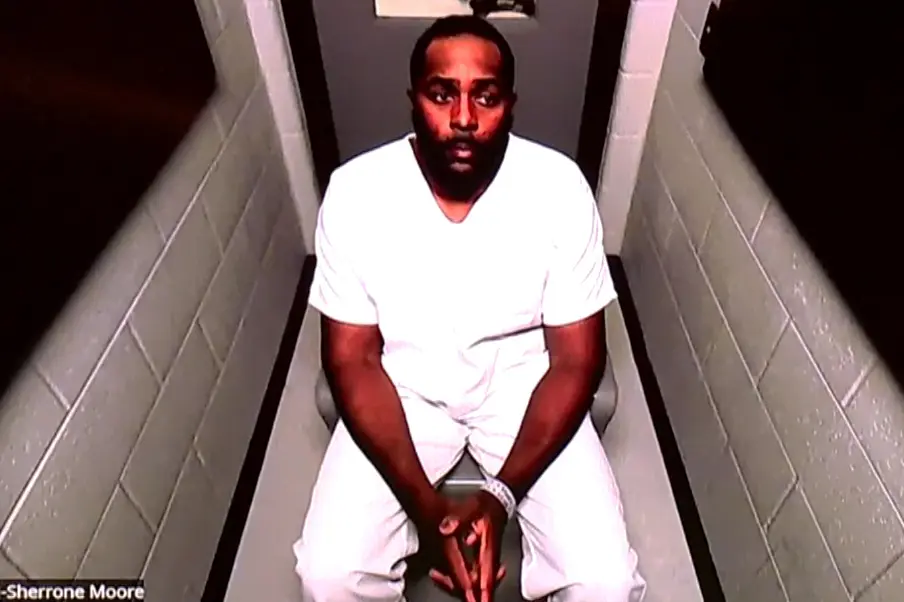Rabbi Pesach Wolicki Shares Details of His Last Call with Charlie Kirk, Describing the Conservative Commentator as “Combative but Full of Energy” Hours Before His Death
When someone passes away unexpectedly, people naturally look back at their final hours, trying to find meaning in the little details that now feel so much larger. In the case of Charlie Kirk, the conservative commentator whose sudden death sent shockwaves through political circles and beyond, one of the most telling glimpses comes from his close friend, Rabbi Pesach Wolicki. The two men had known each other for years, and according to Wolicki, they spoke for more than an hour on the evening of September 9, just before Kirk was set to take the stage at Utah Valley University for his American Comeback Tour. That conversation, Wolicki now recalls, painted a picture of a man who was both energized and combative, deeply engaged in his work until the very end.
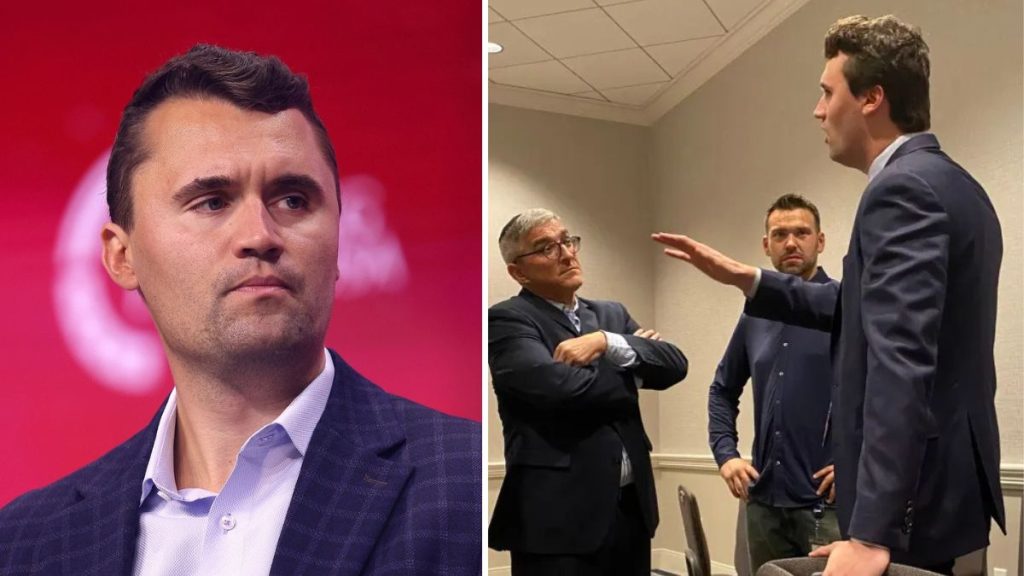
Rabbi Wolicki lives in Israel, but his connection to Kirk was strong enough that distance never lessened their conversations. He describes their last exchange as spirited, filled with debate and energy, with Kirk speaking passionately about the themes he planned to emphasize at his event in Utah. He remembers Kirk as being in “a combative mood,” not in the sense of hostility toward him personally, but in the way Kirk often approached political life—with intensity, conviction, and the sense that he was preparing to step into an arena where every word counted. The rabbi says he felt Kirk was fully alive in those moments, clear in his thoughts, and ready for the spotlight that awaited him.

That description strikes a chord because it fits with how many of Kirk’s supporters and even his critics viewed him: as someone who thrived on debate and who saw politics not as a quiet game but as a battle of ideas. In those final hours, instead of pulling back or sounding weary, Kirk was leaning into that fight, preparing himself for the next stage of his career. The fact that he didn’t live to see that tour unfold adds a poignant layer to the story, but it also underscores how true he remained to himself right up until the end.
Wolicki’s account is more than just a personal anecdote. It’s a reminder that behind the headlines, the controversies, and the public persona, Kirk was a man who nurtured close friendships and trusted people with his unfiltered thoughts. He chose to spend an hour on the phone with a rabbi in Israel the night before a major event, not because he needed to, but because those conversations mattered to him. That says something about the way he balanced his public life with private relationships, finding time for the people he valued even in the midst of preparing for a packed schedule.
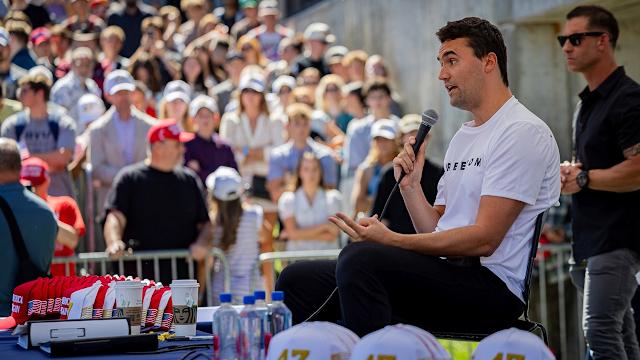
The rabbi described him as being “combative,” but he also made it clear that Kirk seemed happy, upbeat, and ready. It was not the tone of someone who was burning out or losing interest. Instead, it was the tone of someone gearing up for another round, as if the next day’s speech were just one more step in a long journey. That sense of energy makes his sudden passing all the more difficult for those who knew him best, because it feels like an unfinished story—someone who was hitting his stride but never got to continue the path he was walking.
For those who followed his career, the details of that last conversation will linger. It’s not just about what was said, but about the image it paints: a man fully present in his calling, speaking passionately about the future, unaware of how close the end was. To hear his friend describe him as combative is to imagine him with that trademark spark in his eyes, ready to argue, ready to challenge, ready to do what he had always done.
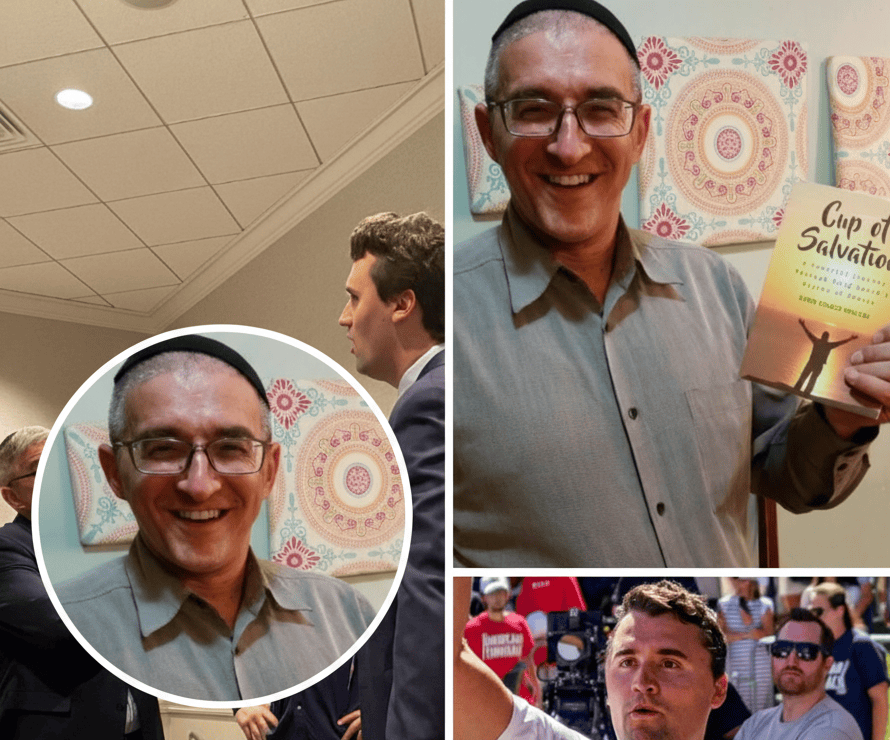
In the days since his passing, many people have offered tributes, each one capturing a different angle of who Charlie Kirk was. Some focus on his work, others on his role in politics, and still others on his personal qualities. Wolicki’s story stands out because it brings the focus back to something intimate and human: a conversation between two friends, one that now holds the weight of finality. It shows that even in his last hours, Kirk was doing what he always did—thinking, speaking, and preparing for the battles he believed were worth fighting.
As those close to him continue to grieve, it is perhaps a small comfort to know that his final hours were not marked by silence or withdrawal, but by energy and purpose. For Rabbi Wolicki, that memory will always be tied to the man he knew: Charlie Kirk, not just the public figure, but the friend who picked up the phone and poured his heart into a late-night conversation across continents.
